There is a lot of confusion about Roths – Roth IRAs, Roth conversions, Roth 403(b)s and Roth 401(k)s. They are all different but share a common theme – tax-free growth and tax-free income on withdrawals. Who is this Roth person anyway??
I'm going to mainly focus on Roth IRAs here. The Roth IRA is a tax-advantaged retirement vehicle where a person can contribute $5,500 ($6,500 if age 50 and over) per year. The contribution is with after-tax dollars. Once inside the Roth IRA, the money grows tax-free and is not considered income when you withdraw the money – so it is tax-free on withdrawal.
I love the Roth IRA because:
- No RMDs (required minimum distributions). If you die and your spouse inherits your Roth IRA, still no RMDs. All other retirement accounts, including the ones with the word Roth in it are subject to them.
- You can open one for your spouse, even if she/he does not have earned income
- Not part of the taxable estate
- You can still contribute to it after age 70.5 if you're still working whereas you can't after that age to a traditional IRA.
The only major con of Roth IRAs is that you don't get an immediate tax break on the contribution. It is also possible that congress may decide to tax these accounts or place a limit on how much can be in a Roth IRA.
You may have heard that once you make over a certain amount that you can't contribute to one (in 2017 – phase out starts at $118K single, $186 married filing jointly). There is a loophole to get around this. You contribute $5,500 to a non-deductible traditional IRA (TIRA), wait 1-2 days, then “convert” it to a Roth IRA. It is legal. BUT, and this is a big but, you cannot do this without tax consequences if you have have a non-zero balance in any other IRA accounts (traditional IRA, rollover IRAs from prior 401(k)s, SEP-IRA). It's called the pro-rata rule. There are easy ways to zero out these accounts to take advantage of the backdoor Roth IRA:
- If you have a non-deductible (after-tax) TIRA, you can convert the entire account to a Roth IRA and pay taxes on the gains only.
- If you have a pre-tax IRA, including a SEP-IRA, you'll need to roll this into a 403(b), 401(k) or ideally a solo-401(k). You need 1099 income to open a solo-401(k).
Here is a great step-by-step tutorial on how to do the backdoor Roth IRA. If you have your Roth IRA at Vanguard, then look at this guide by PoF. My Roth IRA is at Vanguard and currently contains a REIT (VGSIX) and Small-Cap Value fund (VSIAX). Due to the tax free growth & withdrawal you'll want to put in more aggressive and/or less tax-efficient funds in here.
Backdoor Roth IRAs are often confused for Roth Conversions, especially since the backdoor Roth IRA includes a conversion from a TIRA to a Roth IRA. Roth conversions is a strategy to convert pre-tax retirement accounts (deductible TIRA, 401(k), 403(b)) to a Roth IRA. Then this money has the same benefits of being inside a Roth IRA above. The downside? You pay taxes on it at your marginal rate. You do Roth conversions in a low income year like the year you retire.

Get the bestselling book - Defining Wealth for Women.



